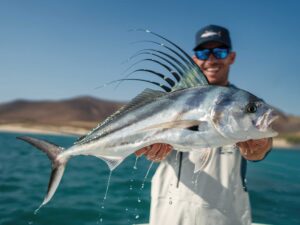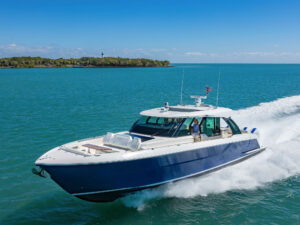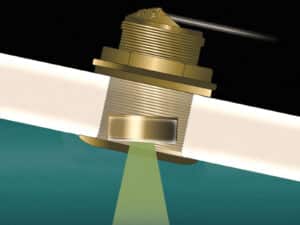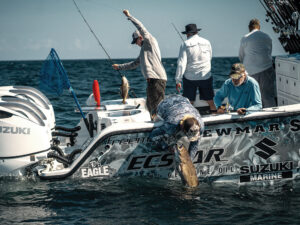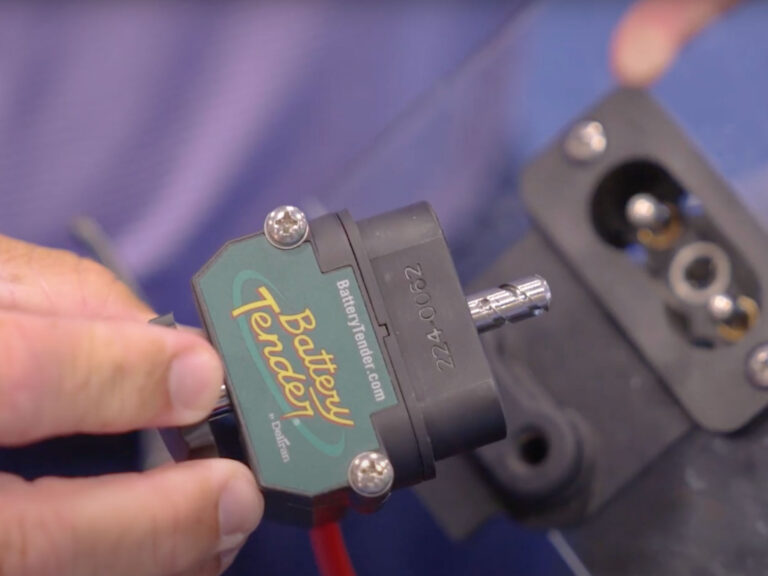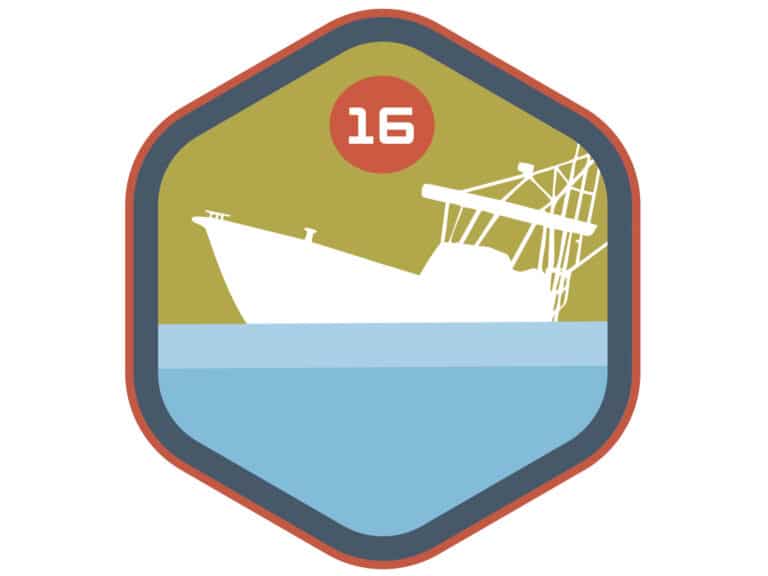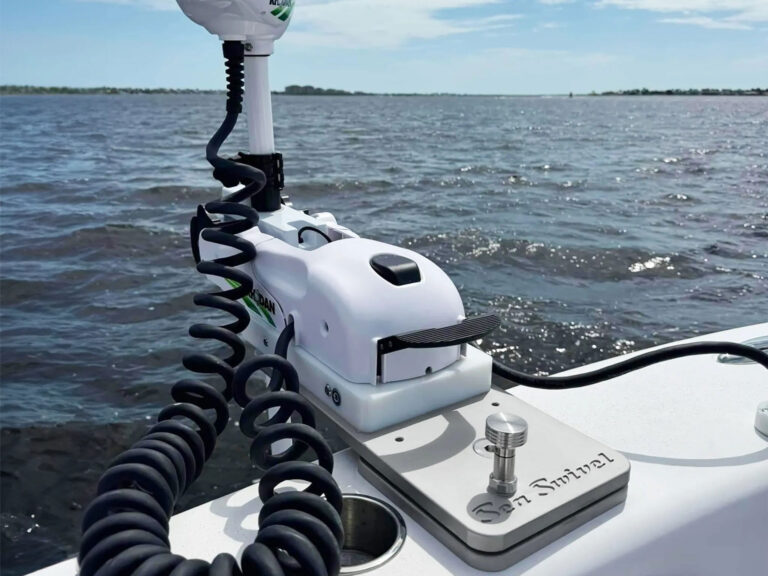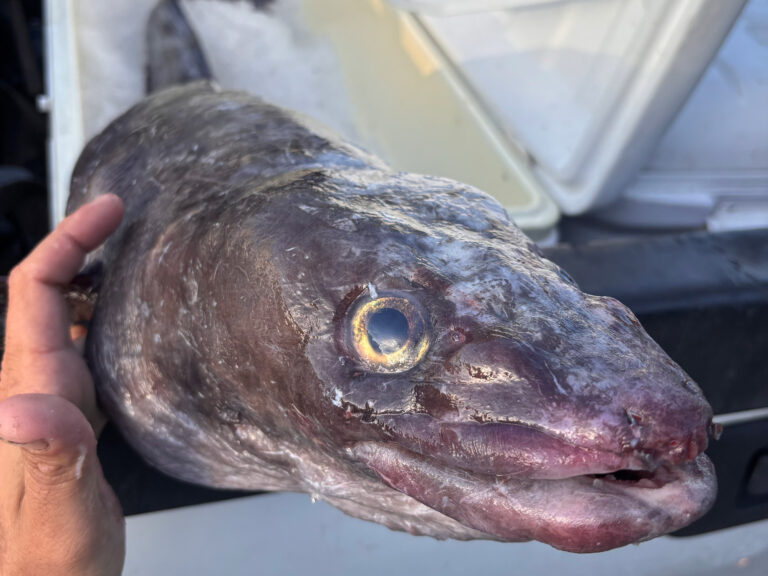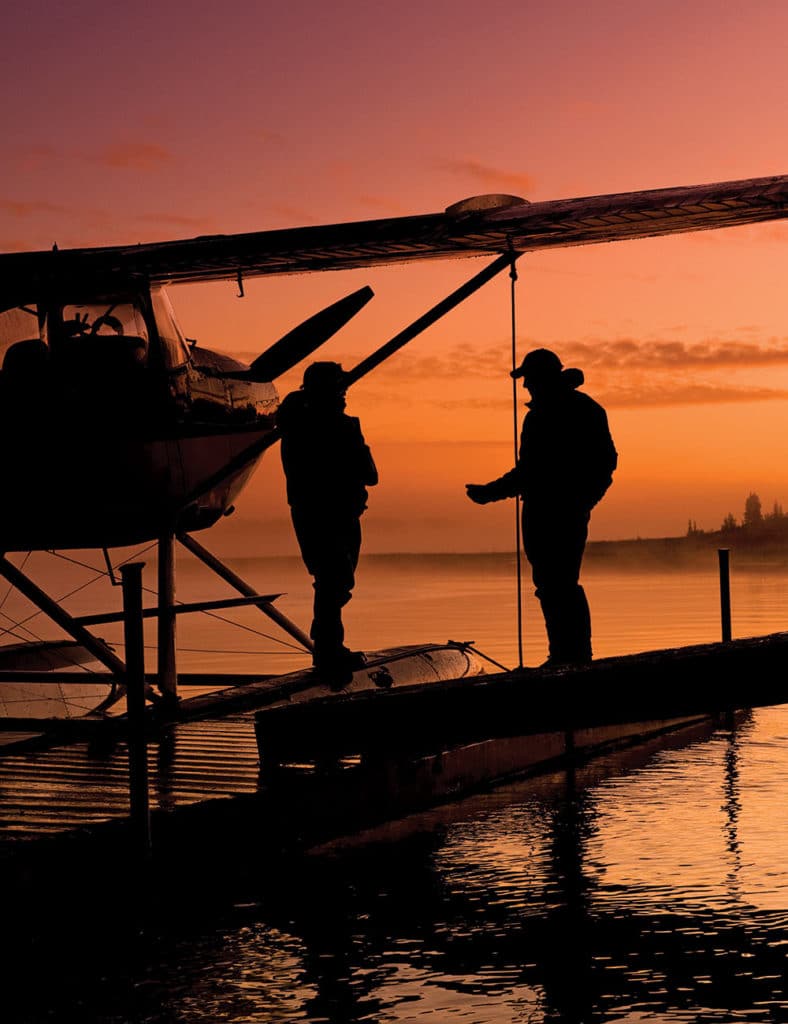
There is no doubt that many anglers have a love-hate relationship with fishing-related travel.
On one hand, you have the adventure and glamour of fishing far-off, exotic waters — opportunities to fish the kind of bucket-list destinations that every angler dreams of visiting. This excitement is frequently offset, however, by the fact that commercial air travel (and the process of checking in, dealing with security, deciphering luggage restrictions and being herded throughout the process like cattle) has made today’s flying much less enjoyable for most travelers. Flying with fishing gear only seems to add to these challenges.
A traveling angler almost always deals with additional hurdles as large amounts of gear, overweight bags, ungainly (and fragile) rod cases, overstuffed bags, and countless numbers of sharp hooks and bizarre tools are all common for destination fishing. When you travel with your equipment, you need to think ahead and pack only what you really need.
As the director of operations for a worldwide, destination angling company, I’ve spent more than 25 years fishing around the world. No matter where I go, I am usually loaded down with rods, reels, camera gear, communication devices and everything else typically associated with fishing and exploring distant waters. Along the way, I’ve managed to pick up several great travel habits and practices, and over the years, I’ve developed a system for packing that always makes my trips easier and more enjoyable.
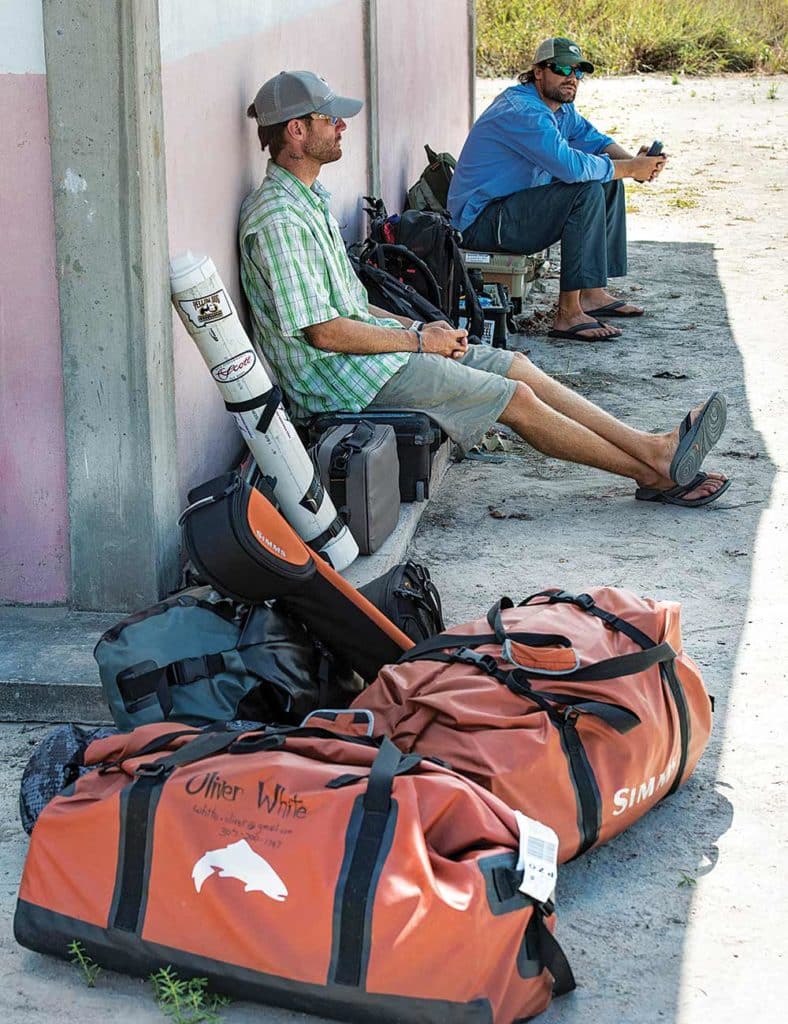
Cut in Half
For whatever reason, it seems to be human nature to pack too much, no matter where you’re headed or what you’re doing. As a part of my pre-trip packing ritual, I always lay out all clothing and equipment, and then try to cut the overall amount in half. I rarely wear all the clothes I pack and have determined that, in most fishing destinations, it’s easy to get by with far fewer clothes than one might expect. Almost every fishing lodge offers laundry service, which means you don’t need to bring as much clothing. So pack smartly for the specific area you’re visiting. Headed to the tropics? Leave jeans and heavy layers behind. Bring lightweight, quick-drying garments instead.
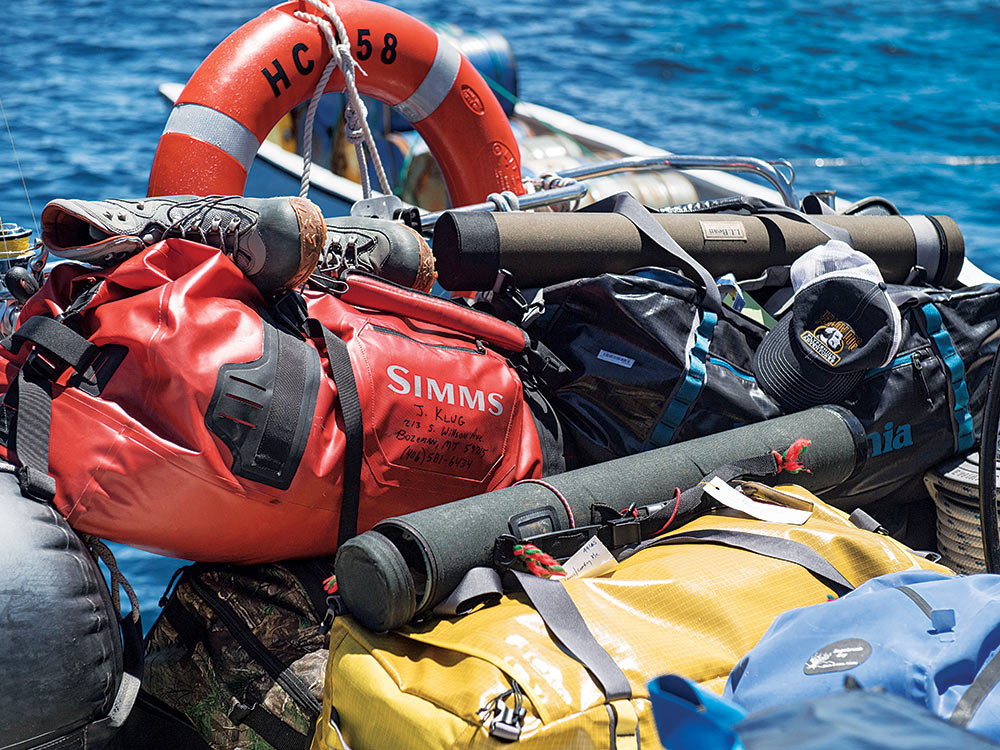
Stuff It Right
Think about where you’re going and pick the kind of bags that are appropriate for your destination. If your travels entail open boat rides or scenarios where bags may get wet (envision your bag sitting on the tarmac in a rainstorm), then go with a heavy-duty, waterproof duffel to keep your clothing and gear dry. If you’re headed to a lodge where everything comes and goes via small planes, leave the hard-sided, wheeled luggage at home and go with something soft-sided and easy for the guides and pilots to pack in tight spaces. Also, remember that when small airplanes are involved, weight is always a factor.
Divide and Conquer
When traveling to remote fishing areas that require multiple flights, skip the giant, single suitcase and consider packing two smaller pieces of checked luggage. Divide your gear between the two bags. That way, if one bag is lost or delayed, you’re still in the game. Even in the age of inflated fees, many airlines allow you to check two bags with no charge on international flights.
Critical Carry-On Items
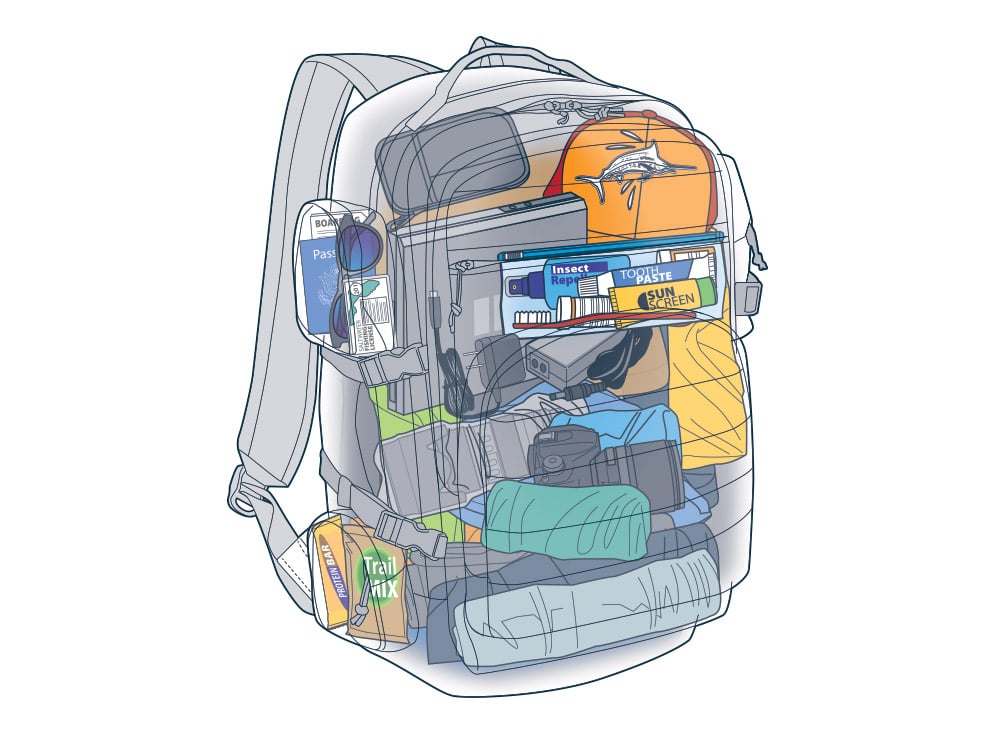
Critical Carry-On Items
I always pack my most important items in my carry-on backpack or boat bag. This list includes fishing clothes, sunglasses, a hat, snacks, my laptop computer or iPad, camera gear, toothbrush, cash, important medications and essential travel documents. If my checked luggage is delayed or lost, at least I can survive and fish for the first couple of days with the items I’ve carried on.
Check or Carry On Rods and Reels?
This, of course, is a top concern of most traveling anglers. It used to be we always recommended people to actually carry on their rods, reels and other important tackle, and to avoid checking these items at all costs. With enhanced security and new rules and regulations, however, things have changed. Many foreign countries (including Canada, Argentina, United Arab Emirates, Venezuela, Cuba and several others) no longer allow anglers to bring rods, reels or even fly lines onto aircraft. Despite the fact that FAA rules state these items are technically allowed to be carried on, overseas TSA-type entities are too unpredictable and arbitrary when it comes to their policies for bringing these items through security. I once missed a connecting flight in Europe when I had to return to the main terminal to recheck my rod carrier. These days, I always pack all rods, reels and lines in my checked luggage, well-padded, protected and secured with a TSA-approved lock on my bag.
Charge Your Batteries
Whether you’re headed to the wilds of Alaska or a distant location like the Seychelles, fishing a remote destination often means either no power or limited electricity. Things can get difficult when it comes to charging cameras, laptops, iPhones and other electronics. It makes sense to have a portable mini charger when traveling. There’s nothing worse than holding the fish of a lifetime and realizing you’re dealing with a dead camera battery.
When traveling internationally, be sure to bring the right electrical adapters and converters as well. One useful item to always pack is an all-in-one international electrical converter — a small device available in most electronics stores and airport gift shops.
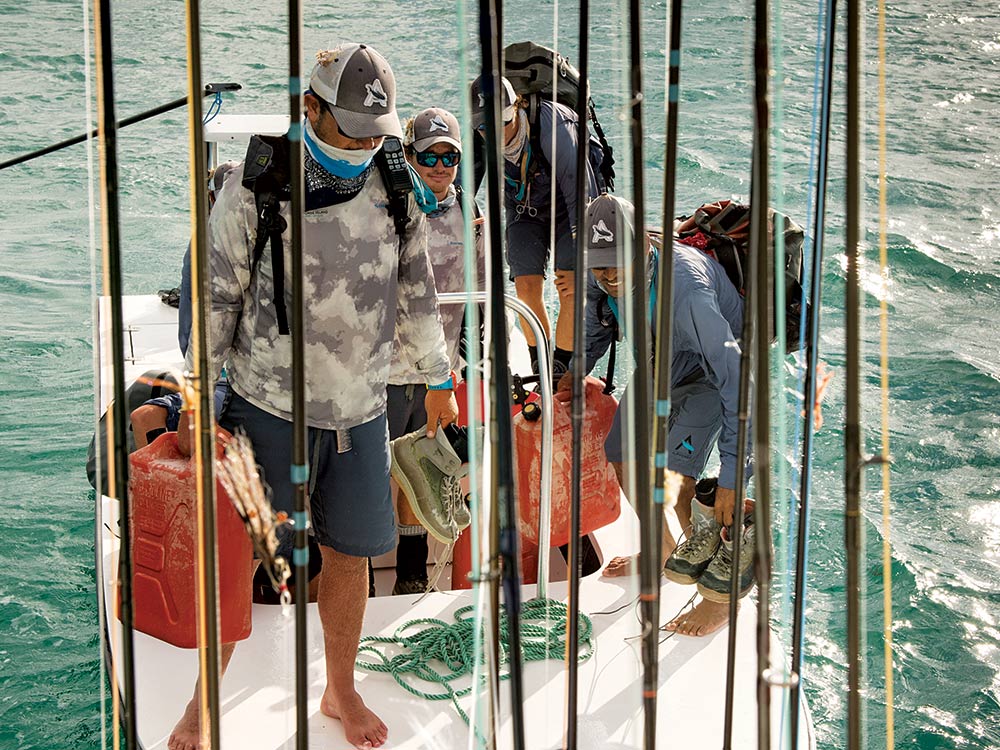
Bring Extra Cash
It’s always a good idea to bring along extra cash when traveling out of the country. Obviously, the farther off the grid you go, the fewer ATMs you’re likely to find. On top of that, remote fishing lodges, hotels and restaurants usually do not take credit cards, and we all know old-school traveler’s checks have largely become a thing of the past.
Whenever I travel to foreign countries, I often end up using more money than I planned, which is why I stash several hundred dollars in backup emergency cash that I can access if needed. Remember, it’s better to have it and not spend it than to need extra cash and struggle to find it. Bring enough small bills for tips and incidentals. Change may be hard to find.
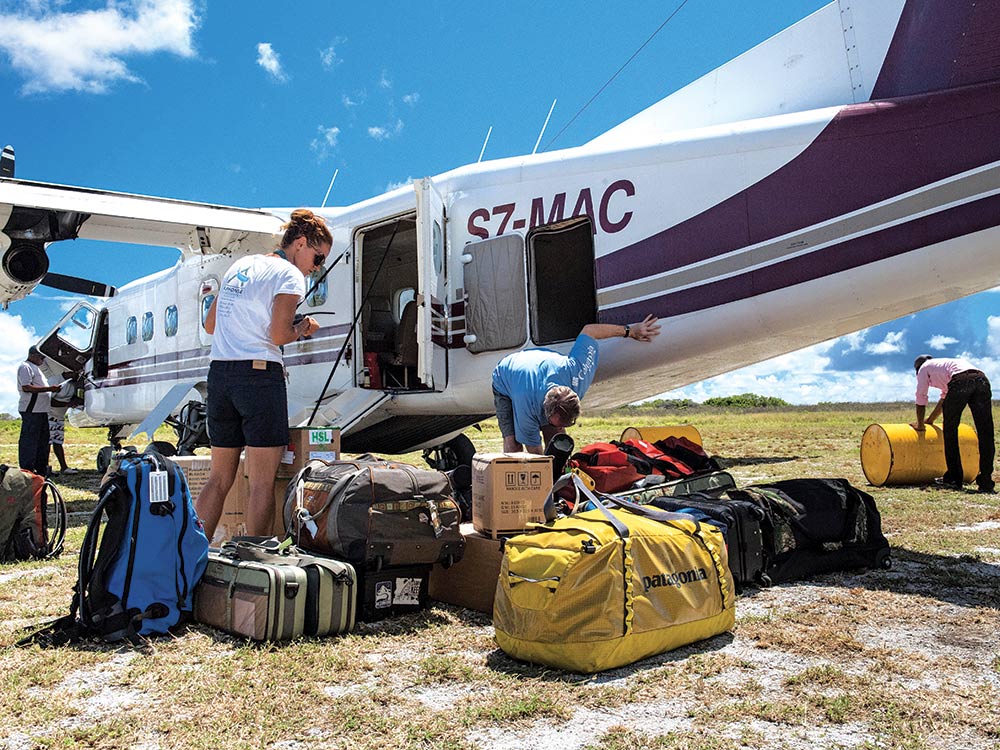
Tag Your Luggage for the Trip
TaMake sure every piece of checked luggage is well-marked and easy to identify. I use a lot of Simms and Patagonia soft-sided duffels made with heavy-duty, waterproof or water-resistant materials. I want my bags to be easily identified, which is why I write out my name and contact information on these bags with a giant Sharpie. A traditional luggage tag works until it is ripped off your luggage or broken. I also include a copy of my flight and travel itinerary inside each checked bag (on the top). More than once this has resulted in my luggage finding me quickly, even when jumping from place to place.
To pack well, plan ahead, and research the areas you’ll be visiting. Bring the right gear packed effectively, and upon arrival, you’ll be able to focus on the fishing and having fun instead of worrying about lost luggage, broken gear or unexpected bag problems.
Fast Facts for Success
What to Take: Make a pile, then cut it in half.
How to Pack: Favor smaller bags over one huge one.
Think Ahead: Match your luggage to your conveyance, such as boats or small planes.
Quick-and-Easy Travel Tips for Fishing
- Use a packing list. Update and edit your own gear list and adhere to it religiously.
- Pack photocopies of your itinerary, passport and phone numbers in multiple bags.
- If you are headed to the tropics, pack your rain jacket for quick access.
- Reel handles can break. Wrap them in clothes or put them in a padded case.
- Hand-write important contact numbers and bring them with you.
- Weigh checked luggage at home to be sure it’s under the limit and avoid additional fees.
- Wear slip-on shoes for easier clearance through airport security.
- Bring a fleece, even to warm climes. Mornings and evenings are often cool, and airplanes are notorious for being cold.
- Bring cash in small bills for tips and be sure that all bills are in new or mint condition.
- Roll your clothes when packing, never fold or bunch. Use clothes to protect fragile items.
- Rig as much tackle as possible (backing, lines, leaders, etc.) before you leave home. Be ready to fish as soon as you arrive at your destination.
- Take a lot of photos. Great photos are the ultimate souvenirs.
- Travel insurance is worth purchasing for big-ticket trips that are largely nonrefundable.
- Insect repellent goes on every trip, even the ones for which people say you won’t need it!
- Don’t be afraid. The world is not nearly as dangerous as the media makes it out to be. Use common sense and you’ll almost always be OK.
- Remember: If you’re not sure about packing something, you probably don’t need it.

